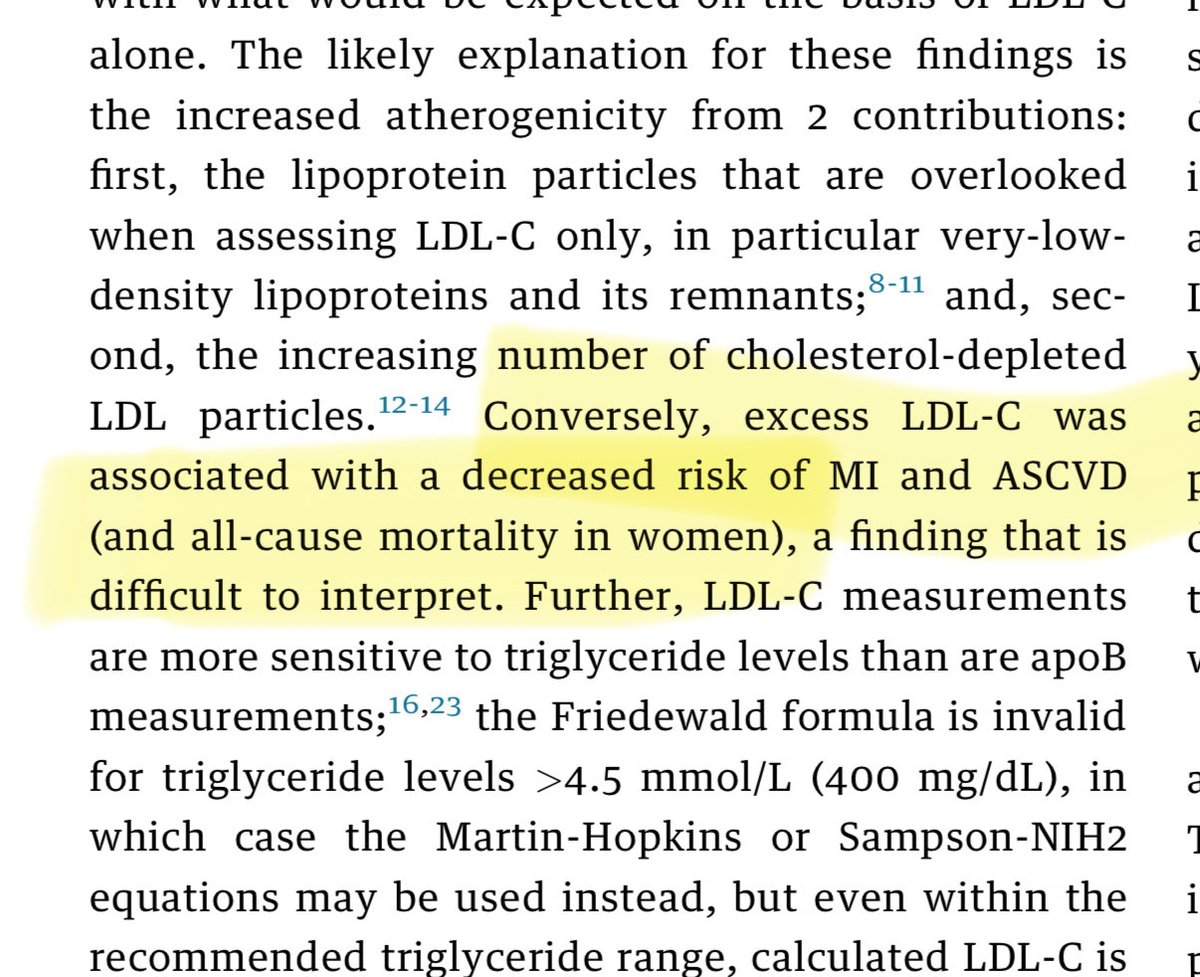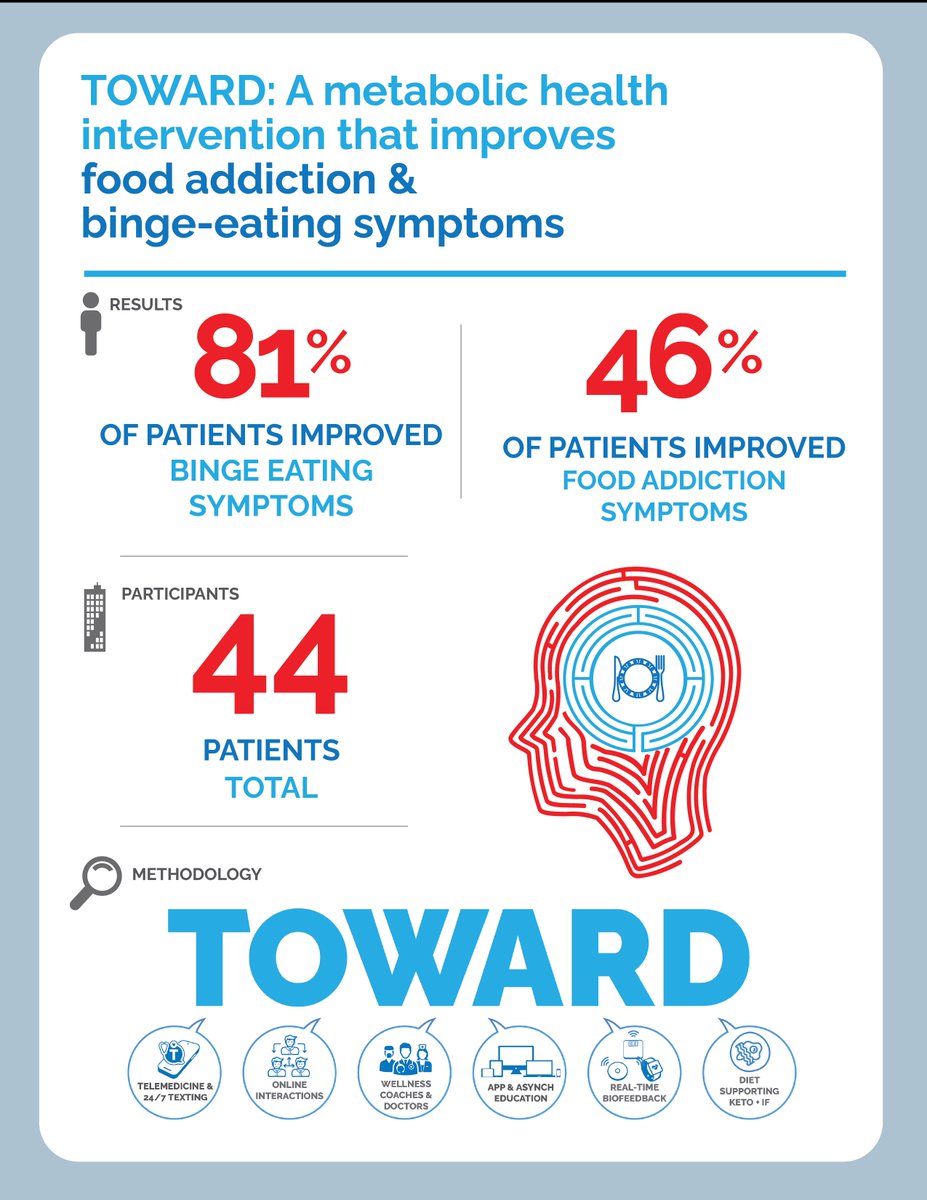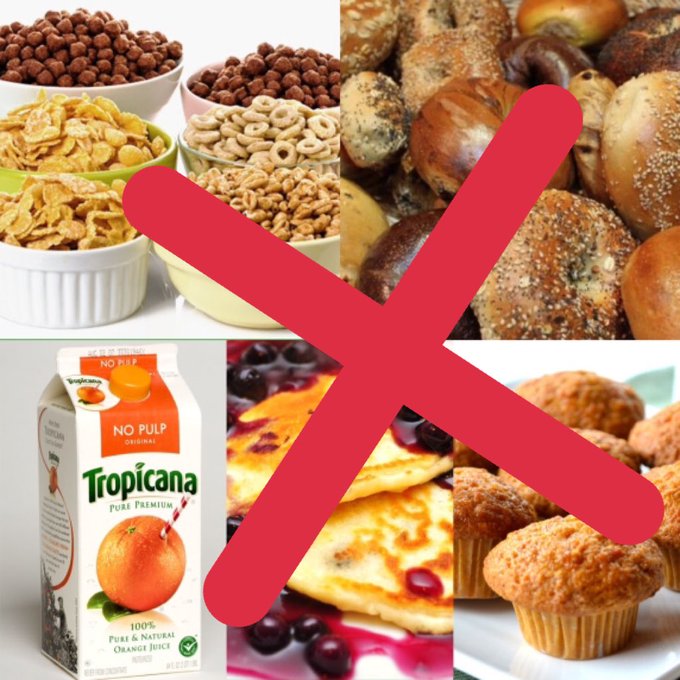
Physician | Father | CMO @GoTowardHealth | ❤️🩹I help companies ⬇️ healthcare costs |💪🏻I help patients lose weight, improve diabetes | https://t.co/9COUe2aacl
24 subscribers
How to get URL link on X (Twitter) App


 10.1016/j.jacc.2024.03.423
10.1016/j.jacc.2024.03.423



 The intervention is called TOWARD:
The intervention is called TOWARD:


 2/
2/